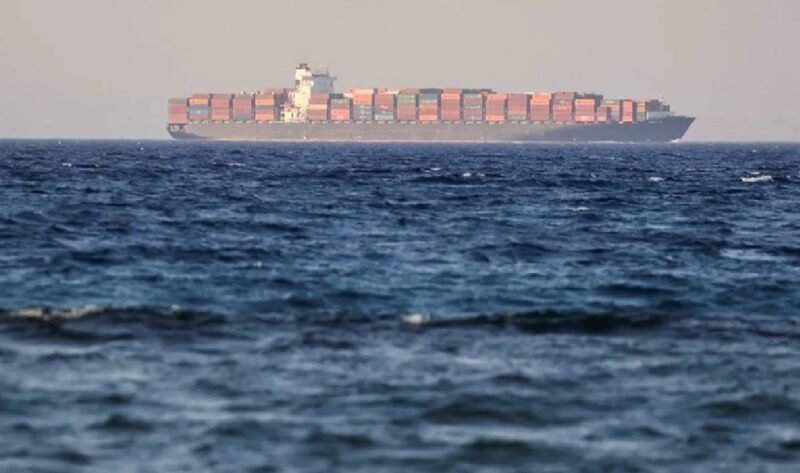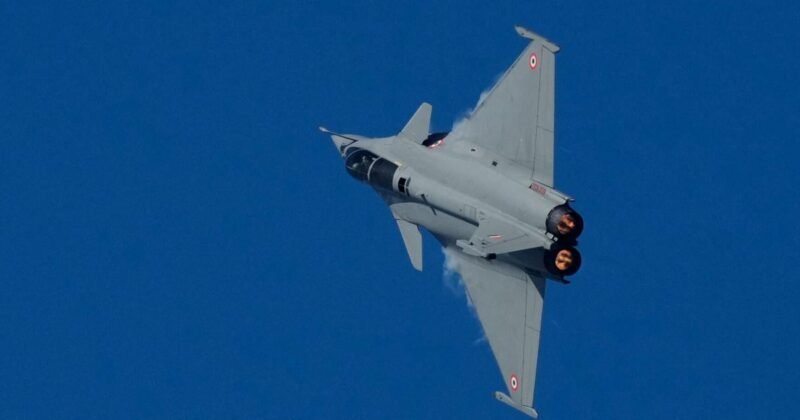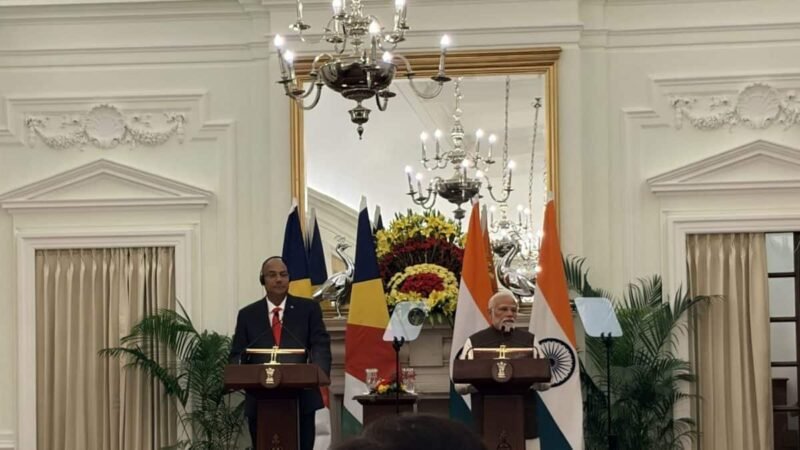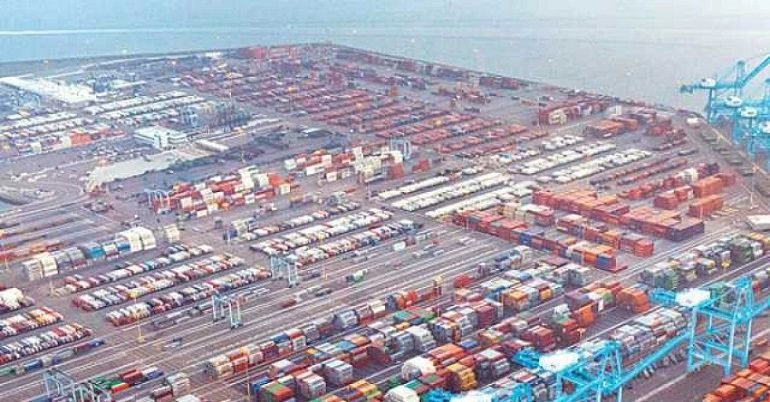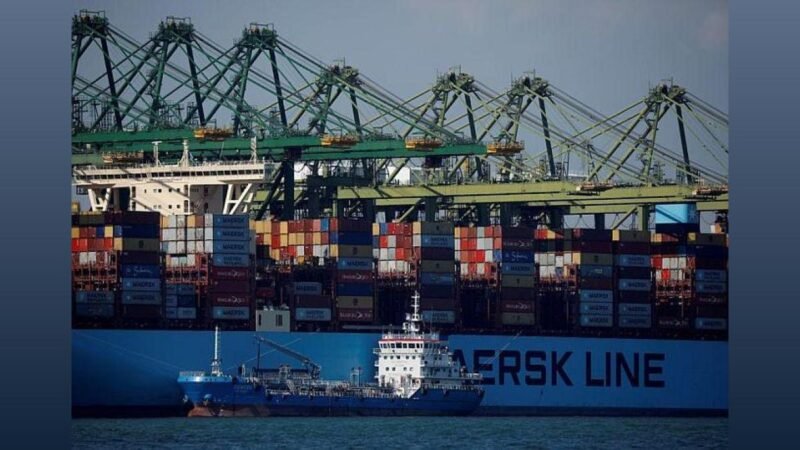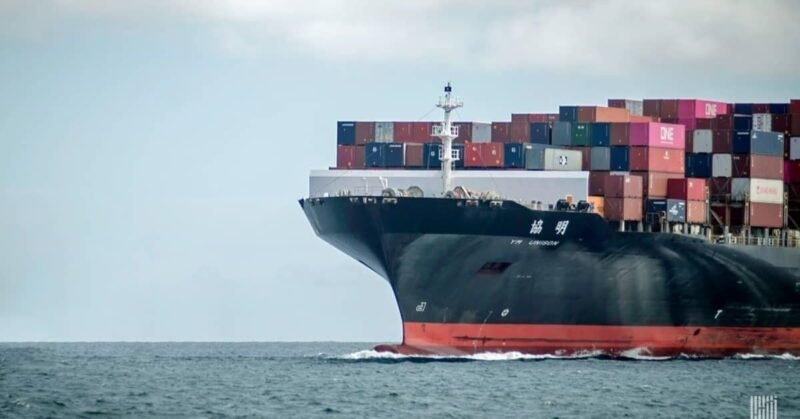A GTRI analysis urges the Indian government to diversify its crude oil sources and enhance its strategic reserves amid rising tensions between Iran and Israel. While not directly involved in the conflict, India must not adopt a passive stance. The report emphasizes the necessity of preparing for potential emergencies by ensuring adequate oil reserves and examining energy vulnerability scenarios.
In light of increased threats to energy security and trade routes, the report highlights the need for heightened military readiness in Maritime Arabia, especially near critical maritime chokepoints. It also recommends India pursue diplomatic efforts for peace and de-escalation in forums like the G20 and UN to secure international trade.
With significant trade ties to both Iran and Israel—valued at $1.24 billion and $2.15 billion respectively—India’s energy concerns remain paramount. The Strait of Hormuz is crucial, as it handles about two-thirds of India’s crude oil and half its LNG imports. Disruptions in this route could lead to soaring oil prices and inflation, adversely affecting India’s economy.
Additionally, approximately 30% of Indian exports head westward, and any shipping delays could escalate transit times and costs, impacting vital exports like textiles and chemicals. The ongoing conflict, exemplified by recent military actions, places further strain on India’s economic stability.
Share it now


